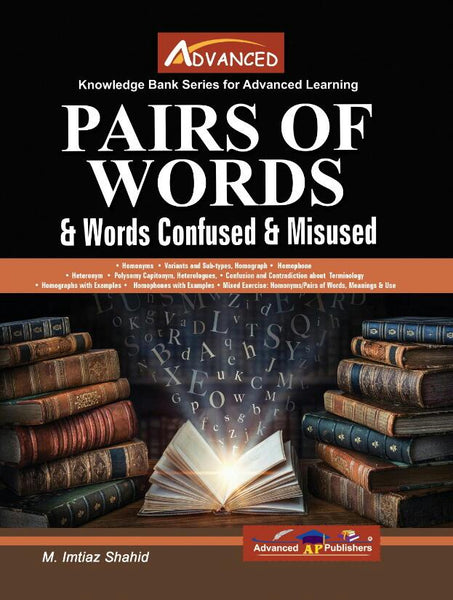Julius Caesars by William Shakespeare – Kitab Mahal
- Publisher: Kitab Mahal (Pvt) Ltd , KM
- Availability: In Stock
- SKU: 23599
Rs.350.00
Rs.435.00
Tags: ancient Rome , assassination , betrayal , Brutus , BS , BS English , Caesar’s death , Cassius , civic duty , Critical Studies , English , English fiction , fate and free will , historical plays , internal conflict , Julius Caesar , Kitab Mahal , Kitab Mahal (Pvt) Ltd , Kitab Mahal edition , KM , leadership and tyranny , Marc Antony , moral dilemmas , oratory , political betrayal , political drama , power and ambition. , public persuasion , Roman history , Roman Republic , Shakespearean conflict , Shakespearean speeches , Shakespearean tragedy , Shakespeare’s themes , Text , tragedy and politics , tragic consequences , Urdu Tarjama , William Shakespeare , With Urdu Translation
Julius Caesar is one of William Shakespeare's most well-known tragedies, exploring the themes of power, loyalty, betrayal, and political ethics. The play focuses on the events surrounding the assassination of Julius Caesar, the rise of Brutus and Cassius as conspirators, and the political turmoil that follows Caesar’s death. It examines the consequences of political ambition, manipulation, and the fragile nature of power.
Key Points
-
The Assassination of Julius Caesar: The central event of the play is the assassination of Julius Caesar, orchestrated by Brutus, Cassius, and other conspirators. The plot against Caesar is fueled by fear that he will become a tyrant and undermine the Roman Republic.
-
Brutus and His Internal Conflict: Brutus is portrayed as an honorable man who is torn between his love for Caesar and his loyalty to the Roman Republic. His internal struggle represents the central moral dilemma of the play — whether personal loyalty should outweigh civic duty.
-
Manipulation and Public Persuasion: A key element in the play is the use of persuasion and manipulation, especially by characters like Marc Antony, who delivers a powerful speech at Caesar’s funeral. Antony’s famous “Friends, Romans, countrymen” speech turns public opinion against the conspirators, sparking a civil war.
-
The Role of Fate and Free Will: Throughout the play, the theme of fate versus free will is explored. Several characters, including Caesar himself, are warned of their impending doom, but they fail to act on these warnings, leading to tragic consequences.
-
The Consequences of Betrayal: Julius Caesar also explores the tragic consequences of betrayal. While Brutus justifies his actions as necessary for the good of Rome, the fallout from Caesar’s assassination leads to civil war and the collapse of the conspirators' cause.
════ ⋆★⋆ ═══
Writer ✤ William Shakespeare
Publishers ✤ Kitab Mahal (Pvt) Ltd , KM

























